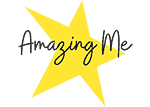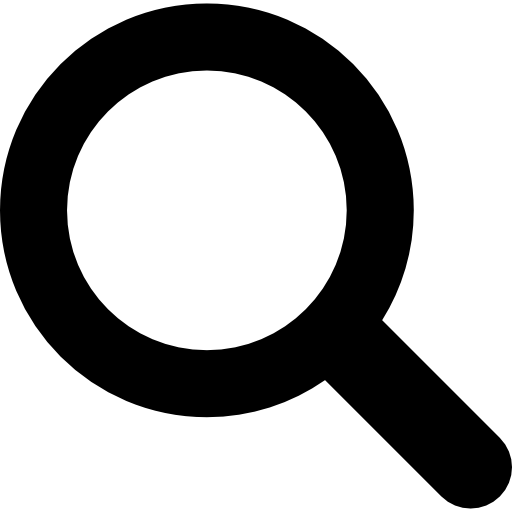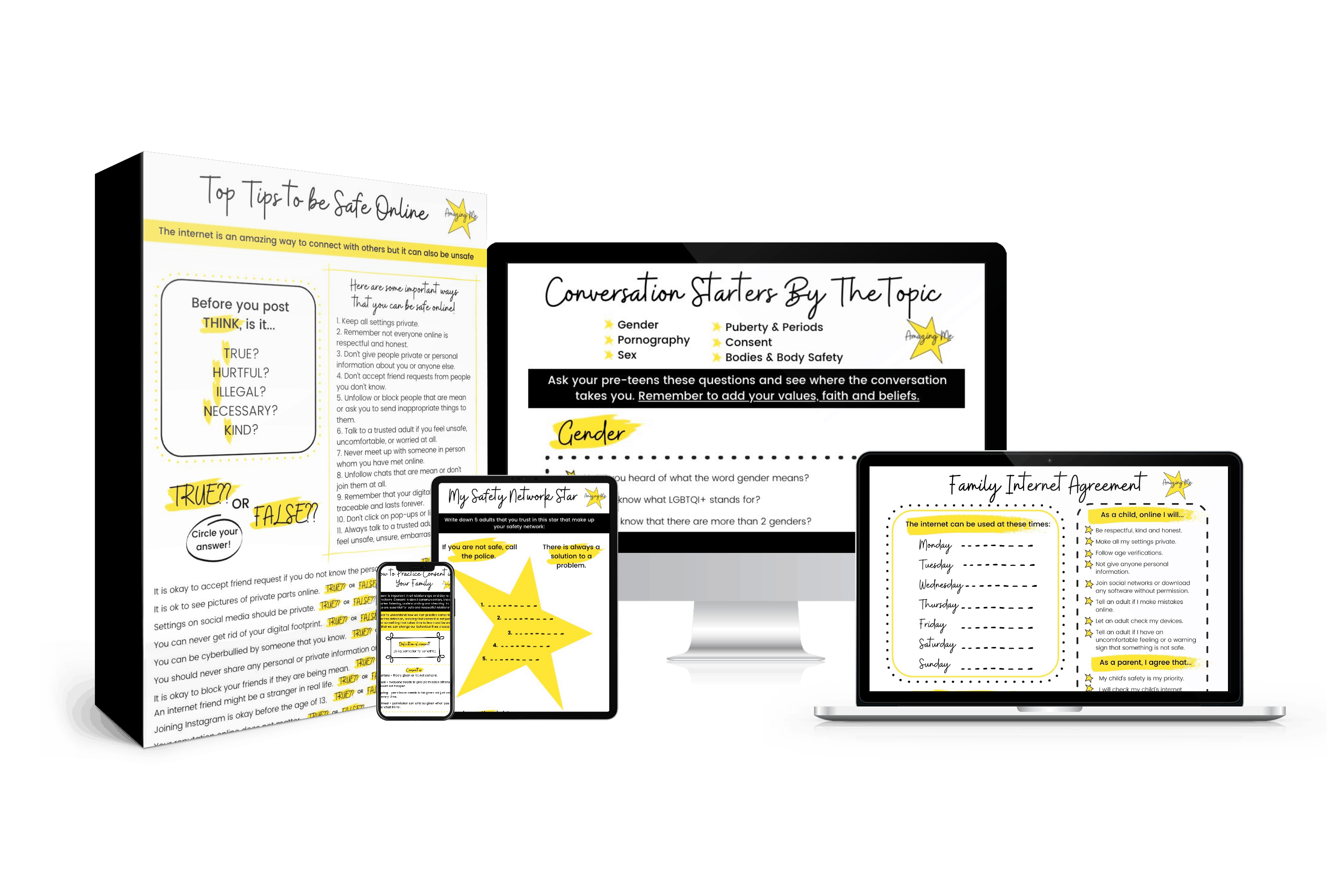When is the right time to start talking with your children about pornography?
We often hear about the harmful negative effects of mainstream pornography on our children. It can impact their social, physical mental and emotional well-being. In fact, because easily accessible pornography is becoming more violent the situation is more alarming than ever.
Our children are watching pornography at an earlier age whether that’s by accident, someone showing them, or led by their curiosity. We must remember that curiosity is a normal, healthy, part of being human, especially during childhood. I definitely would have wanted to know about pornography when I was a child if no-one had spoken to me about it. I was curious, what about you?
I have noticed how many parents are shocked and disbelieve when their child accesses pornography. Nice kids watch pornography. Across the many schools I teach at, I have also noticed the change in questions from the children that I teach. They want to know about pornography and why it’s not safe. They often don’t ask a trusted adult because they don’t want to get into trouble. Instead, they ask the internet and get the shock of their lives!
So, my question to everyone is? Wouldn’t we rather protect our children before this happens, with age-appropriate conversations? The aim is that you are an ask-able, safe, go-to parent. How can you be this if you have never talked about it before?
Start the conversation as soon as kids have access to the internet
We definitely need to talk with our children but how and when do we start conversations without scaring or scaring them – or us? Starting conversations as soon as they have access to the internet is essential because let’s face it, we can protect them (from inappropriate things) to a certain level – think parental controls – but what about when they go to someone else’s home and see porn or are shown it on the bus. Let’s remember pornography is also not just on the internet, it’s in mainstream media songs and billboards too.
I love talking to pre-schoolers and young children about puberty or body safety before it’s happening! They are often more open to learning curious and accepting. It can be the same when it comes to pornography. It’s also important to encourage conversations and questions about other sexual health topics like consent, boundaries, respect, kindness, healthy relationships, a safety network even love and body safety, all of these form the basis for conversations about pornography.
What age should you start the porn talks? In pre-school or as soon as they have access to the internet. For young children (you may use the word pornography you may choose not to).
Here are some conversation starters. (These conversations can of course vary from child to child and be different for neuro-diverse kids.)
Pornography conversation starters for children 7 and under
‘You can look at my phone/play that game but if you see any pictures, videos, cartoons of private parts can you please tell me?’
‘Have you ever seen a scary video or picture on my phone of a person that shows private parts?’ If you do, I would be really proud of you if you told me, I will always believe you and listen to you….’
‘Do you know what an unsafe video, cartoon or picture might look like?….’
‘You know how sometimes you get, yucky feelings when you see something like that in a movie? I want to talk with you about something called pornography.
‘Before you play that game we need to have some rules, do you have any ideas about what they should be….?’
‘When you see an unsafe picture, even if you are unsure what could you do?’..
Pornography conversation starters for children 7 and over
Always try and be direct:
“Hey I just want you to know that it’s normal natural and okay to ask questions about sex but you need to get the right information and the internet won’t always give you that. Have you heard of something called pornography?”
“I think that you are old enough to know what pornography means and why it’s not healthy or safe for kids to watch. What do you think might happen if someone keeps watching it?”
“How might you know if you have seen pornography and what would you do?”
”I want to tell you about the first time I saw pornography and what happened.”
“Do kids at your school talk about watching online porn?” “What do you know about that?” “Do you have any questions?”
“You can always talk to me about something you see online no matter how you feel. I will listen believe you and help you in any way that I can and you will not be in trouble”
“Have you ever felt uncomfortable about seeing something online? ”Can you tell me what happened?” “How did it make you feel?”
“What would you do if a friend wanted you to look at pornography at a sleepover, or on the school bus? What if you felt pressured into looking at it?"
“What might you do if pornography popped up on a computer at school?"
“Has anyone ever asked you or your friends to look at a nude video online? ”Do you know what can happen if you send/request/receive a nude photo?” ”What could you do?”
Be proactive on conversations and take responsibility towards kids' access to internet
Let’s face it, as a parent it’s a scary world out there.
We often ask ourselves, “What should we do if our kids watch porn?”
We want to protect our children but not talking and having conversations about pornography will not protect their innocence, in fact I believe it often does the opposite.
Pornography is here to stay. We must all be pro-active, take responsibility to start conversations as soon as children have any access to the internet. Build on these conversations as they get older, it gets easier with every conversation. So when is the right time to start talking with your children about pornography? NOW!
By doing this you can make a huge and positive difference and be the parent that your child turns to for their questions and not the internet.




